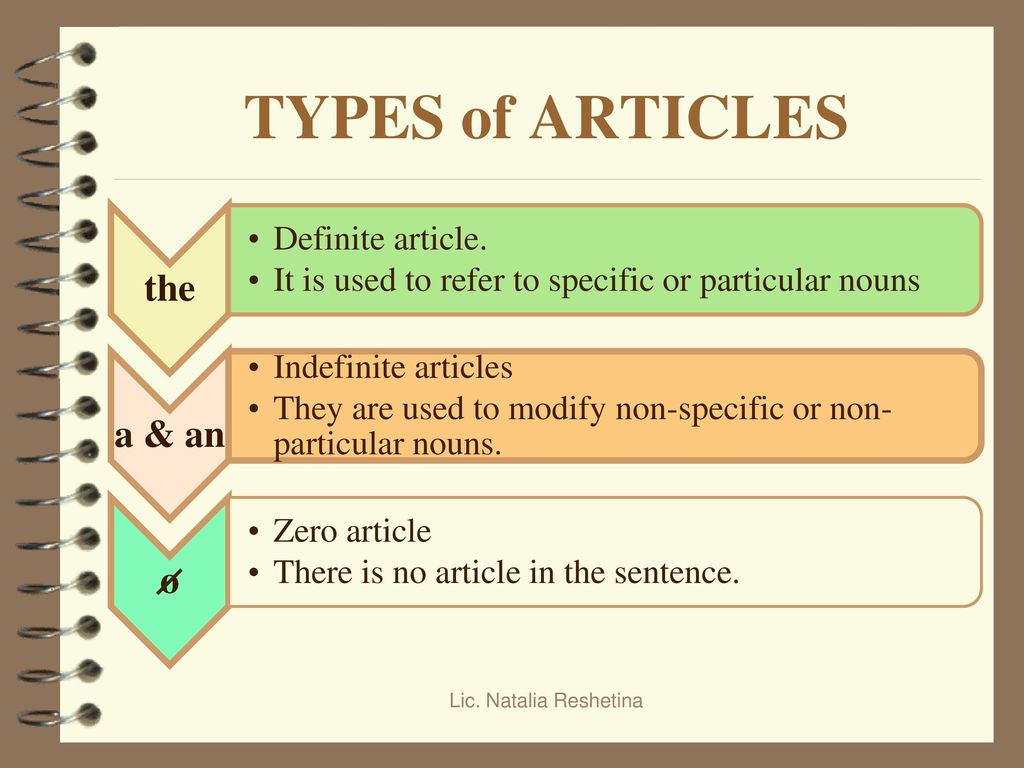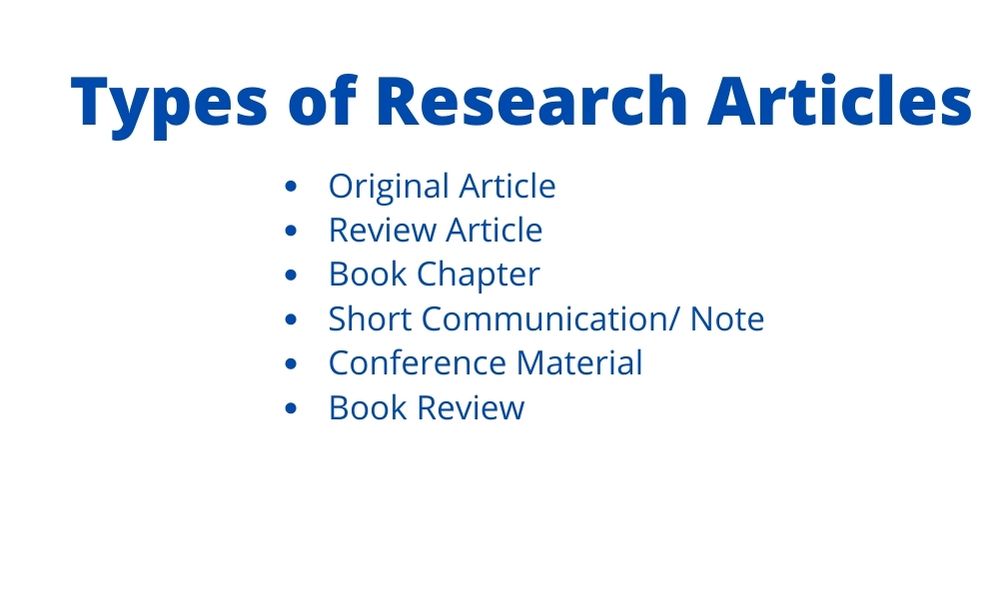Checking out the Benefits of Using articles for Your Web content Approach
Checking out the Benefits of Using articles for Your Web content Approach
Blog Article
Just How Articles Contribute to Clarity in Composing
The use of write-ups is commonly forgotten, yet their impact on clearness in writing can not be understated. Recognizing the subtleties of short article use is necessary for attaining clarity, but what specific techniques can authors use to harness their full capacity?
The Function of Articles
Articles play a vital function in the quality and precision of written communication. They act as necessary linguistic tools that aid visitors browse through text, supplying context and uniqueness. By marking nouns as guaranteed or indefinite, write-ups guide the viewers's understanding of the topic, comparing well-known and unidentified entities. The precise article "the" indicates a certain noun, while the indefinite short articles "a" and "an" recommend a basic or non-specific referral.
Incorporating write-ups appropriately enhances the comprehensibility of writing, enabling writers to communicate their desired definitions with greater accuracy. articles. Abuse or omission of write-ups can result in uncertainty, creating complication for the reader. Specifying "I saw pet" lacks clearness and uniqueness, whereas "I saw a pet" or "I saw the pet dog" communicates unique meanings.
In addition, articles add to the rhythm and flow of sentences, affecting readability. They make it possible for writers to build a logical framework, connecting concepts and helping with comprehension. A strong understanding of post use is important for effective interaction, making certain that the nuances of definition are preserved and the message is provided plainly. This fundamental element of grammar substantially affects total composing quality.
Kinds Of Articles
Recognizing the different kinds of write-ups is essential to mastering their usage in writing. Articles can be classified primarily right into two types: definite and indefinite write-ups. The guaranteed post "the" specifies a particular noun that is understood to the visitor. For example, claiming "guide" implies that both the audio speaker and audience understand which specific publication is being referenced. This precision helps to guide the reader's emphasis and improves quality.
In contrast, uncertain write-ups, such as "a" and "an," describe non-specific nouns. When one says "a book," it suggests any publication, not one specifically. This use is necessary when presenting brand-new principles or items to the discussion, as it provides a general framework without constricting the reader to a certain reference.
Furthermore, write-ups can additionally convey subtleties such as quantity and originality. company website For example, "an apple" suggests any apple, while "the apple" may suggest that it is the only apple in the context. Comprehending these distinctions permits authors to properly control write-ups for higher quality and accuracy in their interaction.
Articles and Specificity

Alternatively, uncertain write-ups like "a" or "an" introduce nouns in a more general feeling, showing that the noun might not be familiar to the viewers. "a publication" suggests any kind of book, leaving the specifics open to analysis. This distinction is vital for efficient writing, as it affects how info is communicated and comprehended.
Common Blunders With Articles
Quality in writing can frequently be compromised by usual mistakes with posts. One widespread error involves the misuse of precise and indefinite write-ups. Using "a" instead of "the" can lead to ambiguity, recommending that the noun is one of several instead than a certain entity. Conversely, omitting a write-up altogether can render a sentence unpleasant or vague, as in "She is educator" rather of "She is an educator."

Improving Clearness Via Articles
Effective interaction depends upon the specific usage of articles, which can significantly improve clearness in composing. Articles, including "a," "an," and "the," function as indicators that lead viewers with the message. Their right application not only makes clear which noun is being referenced but likewise develops the specificity and abstract principle of the subject.
Making use of definite and indefinite posts appropriately can aid prevent uncertainty. As an example, her comment is here stating "the cars and truck" defines a certain lorry, while "an auto" describes any kind of vehicle as a whole. This distinction is important in making certain that the visitor understands the designated meaning without complication. Furthermore, constant use of posts adds to the general circulation of composing, enabling smoother shifts between concepts.
Writers should pay mindful interest to article usage, as this small yet effective facet of language can considerably enhance the clarity of their interaction. Ultimately, the efficient usage of short articles transforms composing from plain words right into a systematic and easily accessible message.
Conclusion
In final thought, articles are necessary tools in creating, significantly enhancing clarity and precision. Mastery of article use ultimately adds to a much more coherent and engaging composing style, facilitating better comprehension for readers.
Report this page